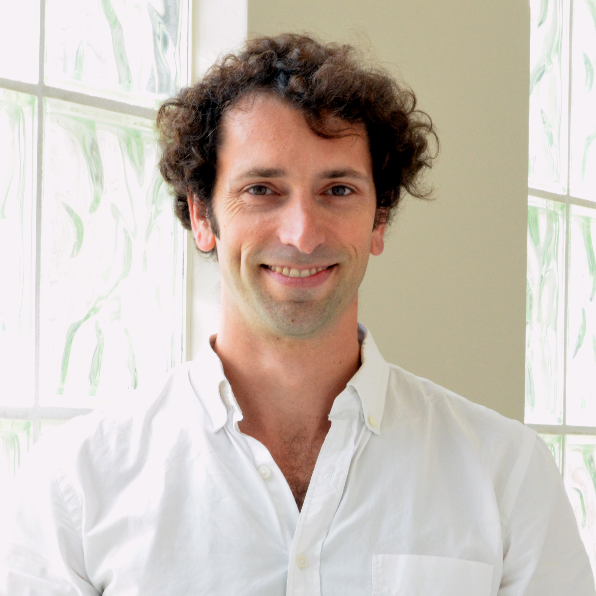Human genome editing: ask whether, not how
By J. Benjamin Hurlbut,
Nature
| 01. 02. 2019
The scientific community’s response to the CRISPR twins should not pre-empt broader discussion across society.
Leaders in the scientific community are urgently seeking to set international standards for producing genetically modified humans. They are reacting to November’s announcement by Chinese scientist He Jiankui, who claims that twin girls have been born carrying gene-editing changes He made when they were embryos.
In calling for standards for producing such ‘CRISPR-edited’ babies, these leaders have shunted aside a crucial and as-yet-unanswered question: whether it is (or can ever be) acceptable to genetically engineer children by introducing changes that they will pass on to their own offspring. That question belongs not to science, but to all of humanity. We do not yet understand what making heritable genetic alterations will mean for our fundamental relationships — parent to child, physician to patient, state to citizen and society to its members.
In 2015, the dozen bioethicists and scientists who organized the first International Summit on Human Gene Editing agreed. They said it was irresponsible to proceed with heritable human genetic alteration until two conditions were met: one, that safety and efficacy had been demonstrated; and two, that there was “broad societal...
Related Articles
By Diaa Hadid and Shweta Desai, NPR | 01.29.2026
MUMBRA, India — The afternoon sun shines on the woman in a commuter-town café, highlighting her almond-shaped eyes and pale skin, a look often sought after by couples who need an egg to have a baby.
"I have good eggs,"...
By George Janes, BioNews | 01.12.2026
A heart attack patient has become the first person to be treated in a clinical trial of an experimental gene therapy, which aims to strengthen blood vessels after coronary bypass surgery.
Coronary artery bypass surgery is performed to treat...
By Staff, ScienceDaily | 01.05.2026
Scientists at UNSW Sydney have developed a new form of CRISPR technology that could make gene therapy safer while also resolving a decades-long debate about how genes are switched off. The research shows that small chemical markers attached to DNA
...
Following a long-standing CGS tradition, we present a selection of our favorite Biopolitical Times posts of the past year.
In 2025, we published up to four posts every month, written by 12 authors (staff, consultants and allies), some in collaboration and one simply credited to CGS.
These titles are presented in chronological order, except for three In Memoriam notices, which follow. Many more posts that are worth your time can be found in the archive. Scroll down and “VIEW...




